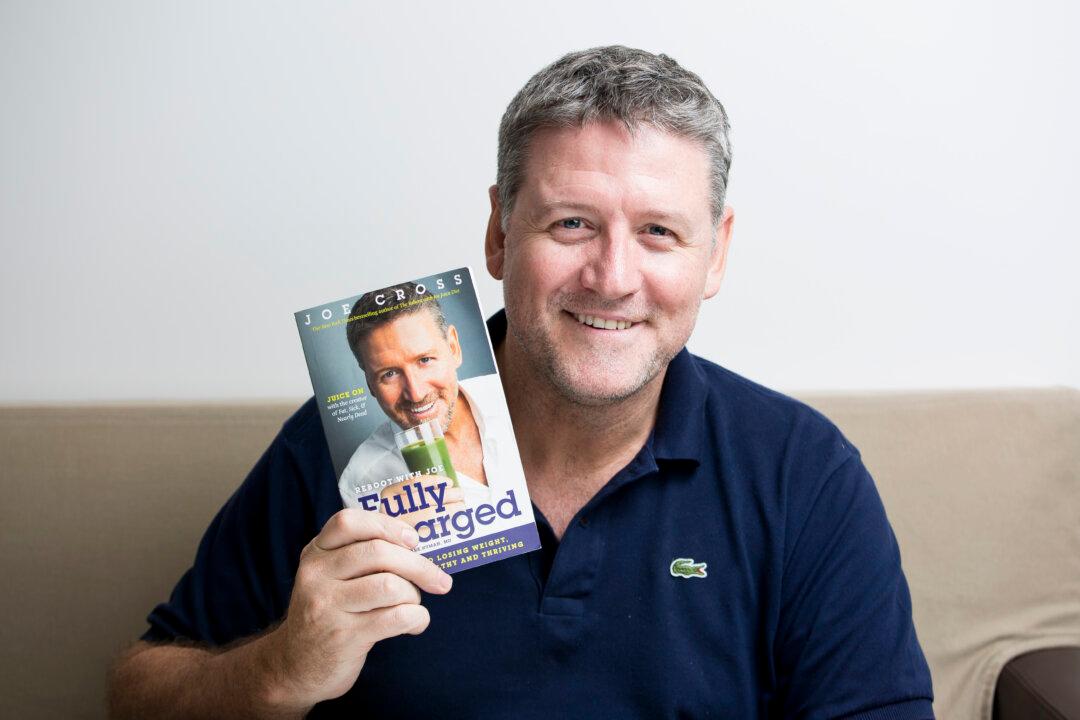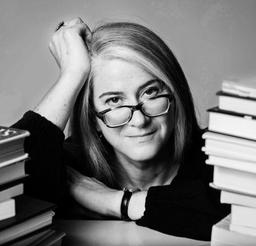NEW YORK—Without the inevitable suffering that comes with life, happiness would probably be very difficult to feel. Still, nobody wants to suffer unnecessarily.
“I believe that you are either broken, or you are not,” Joe Cross said at a hotel in New York’s SoHo neighborhood, just a few days after ending his three-month book tour of “Reboot with Joe: Fully Charged.” After making 41 public appearances in 7 countries, he unpacked his suitcases for a two-day stay in New York before he would fly to Greece for a relaxing summer break.
The entrepreneur, filmmaker, and wellness advocate (aka Joe the Juicer) is constantly learning, discovering, and testing out new ideas. He’s been pondering what he calls KIVDI, which stands for “knowing it versus doing it.”
“I’m fascinated by why so many of us know, but we don’t do,” he said with a resonant deep voice and an unmistakable Australian accent.







